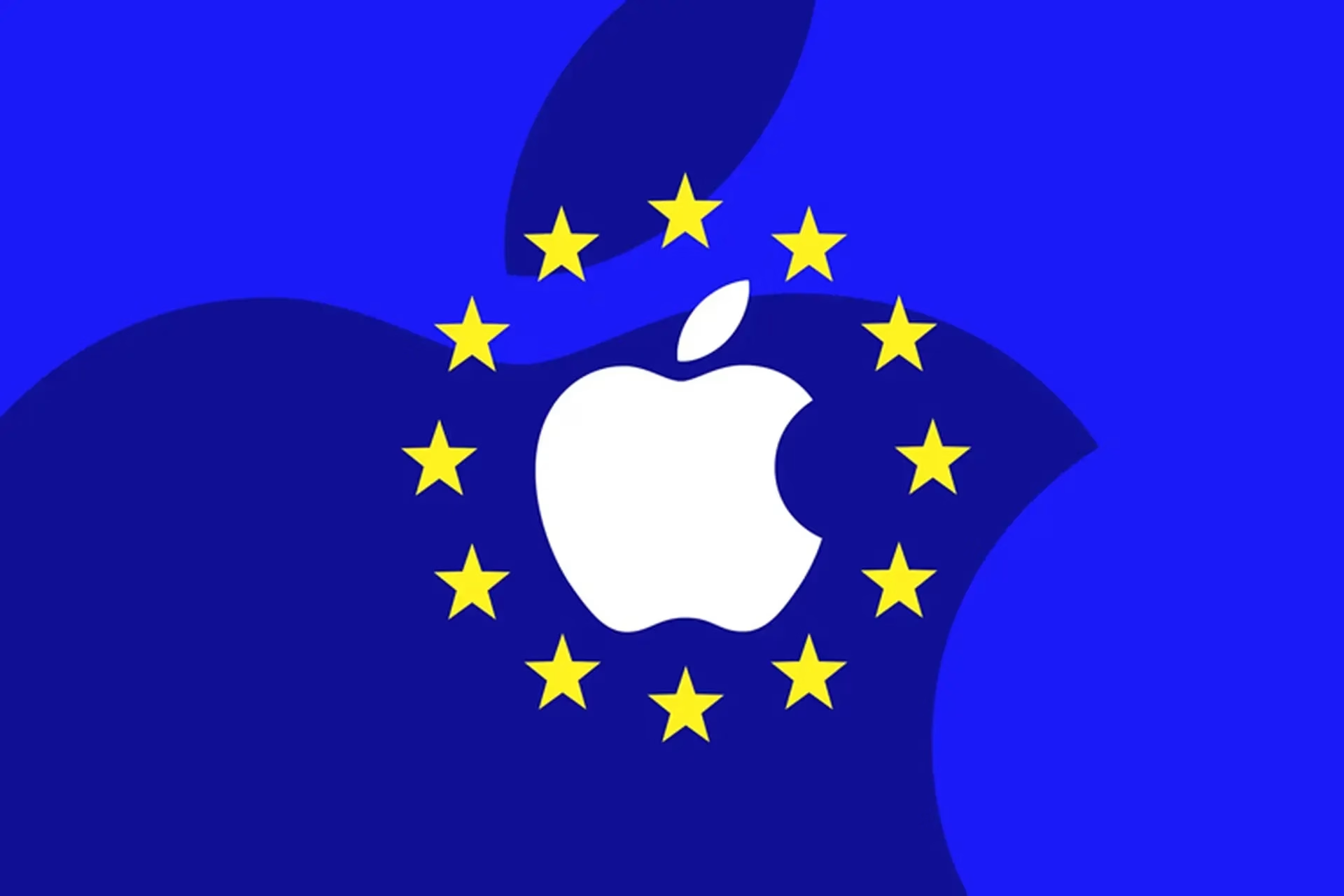Apple Demands Repeal of EU's Digital Markets Act, Citing Consumer Harm and Big Tech Benefits
Apple's objections, articulated with unusual vehemence, directly challenge the core tenets of the DMA. The company contends that the EU's interpretation and enforcement of the act have led to significant financial penalties, including a €570 million fine earlier this year for alleged unfair App Store practices and a €2 billion penalty for purportedly abusing its market position in music streaming. These actions, Apple asserts, are detrimental to European users and stifle innovation.
The DMA's Impact: A Double-Edged Sword?
The Digital Markets Act, implemented to regulate large online platforms designated as "gatekeepers," aims to ensure fairer competition and greater consumer choice. However, Apple's submission to the EU's current review period suggests the law is falling short of its intended goals. The company claims that the DMA's mandates, particularly those concerning interoperability and opening up its ecosystem, force it to make changes that undermine the security and privacy features users have come to expect.
For instance, Apple points to the delay or outright blocking of certain features in the EU, such as advanced parental controls, enhanced Siri capabilities, and seamless device mirroring. These innovations, available elsewhere, are reportedly held back in Europe due to the complex compliance requirements imposed by the DMA. This situation, Apple argues, isn't just an inconvenience; it's a direct consequence of regulations that, in their current form, create more problems than they solve for the end-user.
Who Truly Benefits? Apple's Core Argument
Apple's central thesis is that the DMA, rather than empowering smaller developers or fostering genuine competition, primarily serves to benefit other large tech corporations. The company's argument is that these rivals are better positioned to exploit the opened-up ecosystems mandated by the DMA without bearing the same responsibility for maintaining the high standards of privacy and security that Apple champions. This, they suggest, creates an uneven playing field where established tech giants gain an advantage by leveraging the DMA's provisions.
Furthermore, Apple suggests that the increased fragmentation and potential for unvetted third-party applications, a consequence of mandates like app sideloading, could lead to increased risks of fraud and malware for consumers. The company estimates that these changes could even lead to a 10-20% increase in app and service prices for European users, a direct counterpoint to the DMA's aim of consumer benefit. It’s a bold claim, suggesting that the very law meant to protect consumers might actually lead to higher costs and greater risks.
A Contentious Review Period
The EU's ongoing review of the DMA presents a critical juncture. While Apple is advocating for a complete overhaul, other stakeholders have different perspectives. Some competitors, like Epic Games, have lauded the DMA as a necessary check on the power of dominant platforms. However, developer feedback is mixed, with some celebrating easier distribution while others grapple with increased fees and compliance complexities.
The European Commission, for its part, maintains that the DMA has already spurred significant opportunities for developers and intends to make "targeted refinements" rather than a wholesale repeal. The regulatory body has indicated that investigations into Apple's compliance with certain DMA rules are ongoing, with conclusions expected later this year. This suggests a continued period of tension and negotiation between Apple and EU regulators.
Broader Implications and Future Outlook
Apple's strong stance on the DMA highlights a growing divergence in approaches to tech regulation between the EU and other global regions, including the United States. The company's call for repeal, while perhaps unlikely to be fully heeded, signals a deep dissatisfaction with the current regulatory landscape.
The implications for innovation, consumer choice, and the future of digital markets in Europe remain significant. As the EU continues its review, the outcome will not only shape Apple's operations within the bloc but could also set precedents for future regulatory actions worldwide. Will the DMA evolve to better balance competition with security, or will Apple's call for its repeal gain more traction? Only time will tell, but one thing is certain: the debate over how to regulate big tech is far from over.
